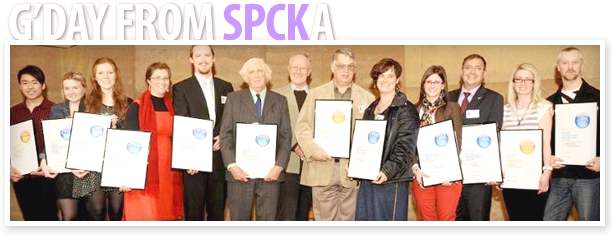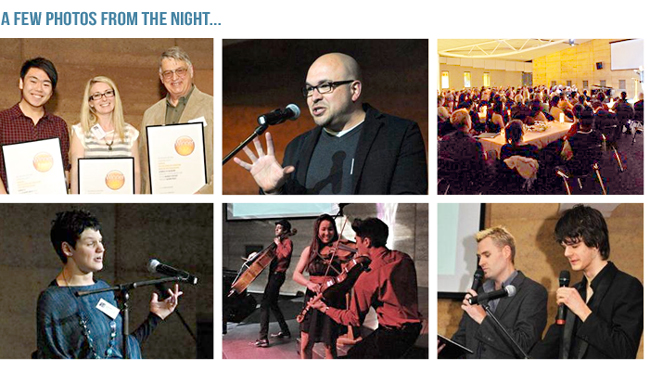Dear Brothers and Sisters in Christ
You will have no doubt heard that the Same-Sex Marriage Bill 2012 has not been carried by the Legislative Council of the Parliament of Tasmania. This means the proposed “Same-Sex Marriage” will not come into existence.
The decision is to be welcomed. As Bishop of Tasmania I have sought to articulate, in private and in public, the reasonableness of retaining the current legal definition of marriage. I am gratified that the Legislative Council has acted in this way.
However, there is much about the debate that saddens me.
Firstly, despite the best efforts of people on both sides of the debate, there have been times when it has been marked by divisiveness, hard-heartedness, and triumphalism. It has been a painful debate about heartfelt issues. As Christians Leaders, we should acknowledge any area in which we have contributed to that pain and, where appropriate, express sorrow and regret.
Secondly, it is clear that we have many failings in the art of constructive persuasion. The perception that Christian belief equates to intolerance is unfair to be sure. We must be careful to respond with respect and grace. As Christians we communicate our perspective. We do not dictate morals; we seek by our actions, our words, and our manner to persuade others of life-giving truth. The Christian speaks truth with assurance, boldness, and courage, but does so according to the way of Christ – with gentleness, love, and empathy.
Let us look to ourselves in the first instance. Let us take seriously our liturgy of confessing our sins, reflecting on our failings, and so draw close to the grace of God. Let us endeavour to empathise with the complex emotions of those who wrestle with their sexuality. We are to reflect Christ and so share in the suffering of this world.
Thirdly, the Anglican Church continues to move forward in faith, hope and love fully trusting in God. Other difficult issues will be before us shortly, as the Premier brings forward laws including the promotion of medical killing/ euthanasia. We continue to pray for her, her Government, the Parliament of Tasmania and for each other. We continue to bear witness to God’s love in Christ for all people.
My prayer is that ongoing debate on this and other difficult issues may be done in a gracious and respectful manner.
With thanks for your participation in building a healthy church, transforming life.
Shalom,
+ John
John Harrower
Bishop of Tasmania


 Photos clockwise from top left:
Photos clockwise from top left: